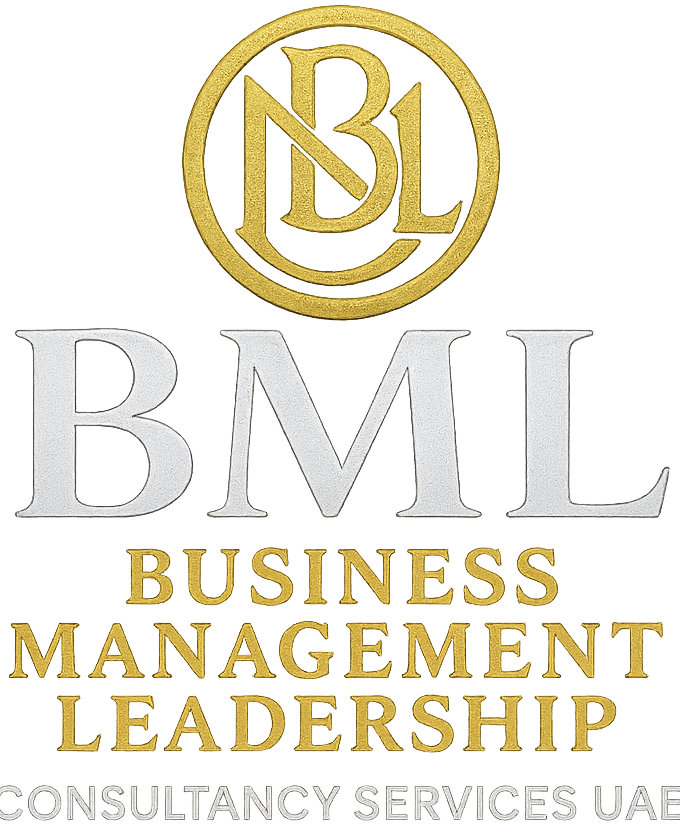Dubai and Abu Dhabi have become magnets for international professionals, creating a highly competitive war for talent. For francophone companies expanding into the region, success depends not only on attracting qualified employees but also on managing intercultural differences effectively. The ability to blend European governance standards with Middle Eastern business practices can determine whether an expansion thrives or struggles.
- The talent challenge in the UAE
– Growing competition: global companies, startups, and government projects are all competing for top profiles.
– Legal frameworks: visa sponsorship, labor laws, and Emiratisation requirements shape HR strategy.
– Cost of talent: high demand inflates salaries for qualified professionals.
– Cultural diversity: teams often bring together more than 20 nationalities in one organization.
👉 Talent is no longer just an HR issue – it is a strategic driver of growth.
- Why francophone talent matters
– Cultural alignment with European headquarters: easier reporting and communication.
– High standards of compliance and governance: skills often valued by local regulators and investors.
– Added value in francophone markets: companies looking to expand into Africa benefit from francophone staff.
– Bridge between global strategy and local operations: bilingual and bicultural professionals act as mediators.
- Intercultural management challenges
– Different approaches to hierarchy and authority.
– Varied expectations regarding work-life balance and flexibility.
– Potential misunderstandings around deadlines, accountability, and communication styles.
– Risks of conflict if European-style governance is imposed without adaptation.
- Opportunities through intercultural leadership
– Building inclusive governance frameworks that respect both European and Middle Eastern practices.
– Leveraging diversity as a source of innovation and problem-solving.
– Positioning the company as an employer of choice by offering training, development, and cultural integration programs.
– Strengthening long-term retention by aligning professional growth with local values and global standards.
- The role of a strategic advisory firm
Addressing HR and intercultural challenges requires more than recruitment agencies. Companies need:
– HR strategies aligned with local regulations and global goals.
– Intercultural management training for executives.
– Support in identifying reliable francophone professionals.
– Advisory on Emiratisation, compliance, and visa strategies.
👉 A francophone strategic advisory partner helps companies transform HR from a cost center into a competitive advantage.
The UAE war for talent is intensifying. Francophone companies that combine strong HR strategies with intercultural leadership will not only secure the best profiles but also turn diversity into a driver of resilience and growth.
👉 Managing people is no longer an operational task – it is a strategic pillar of international expansion.

